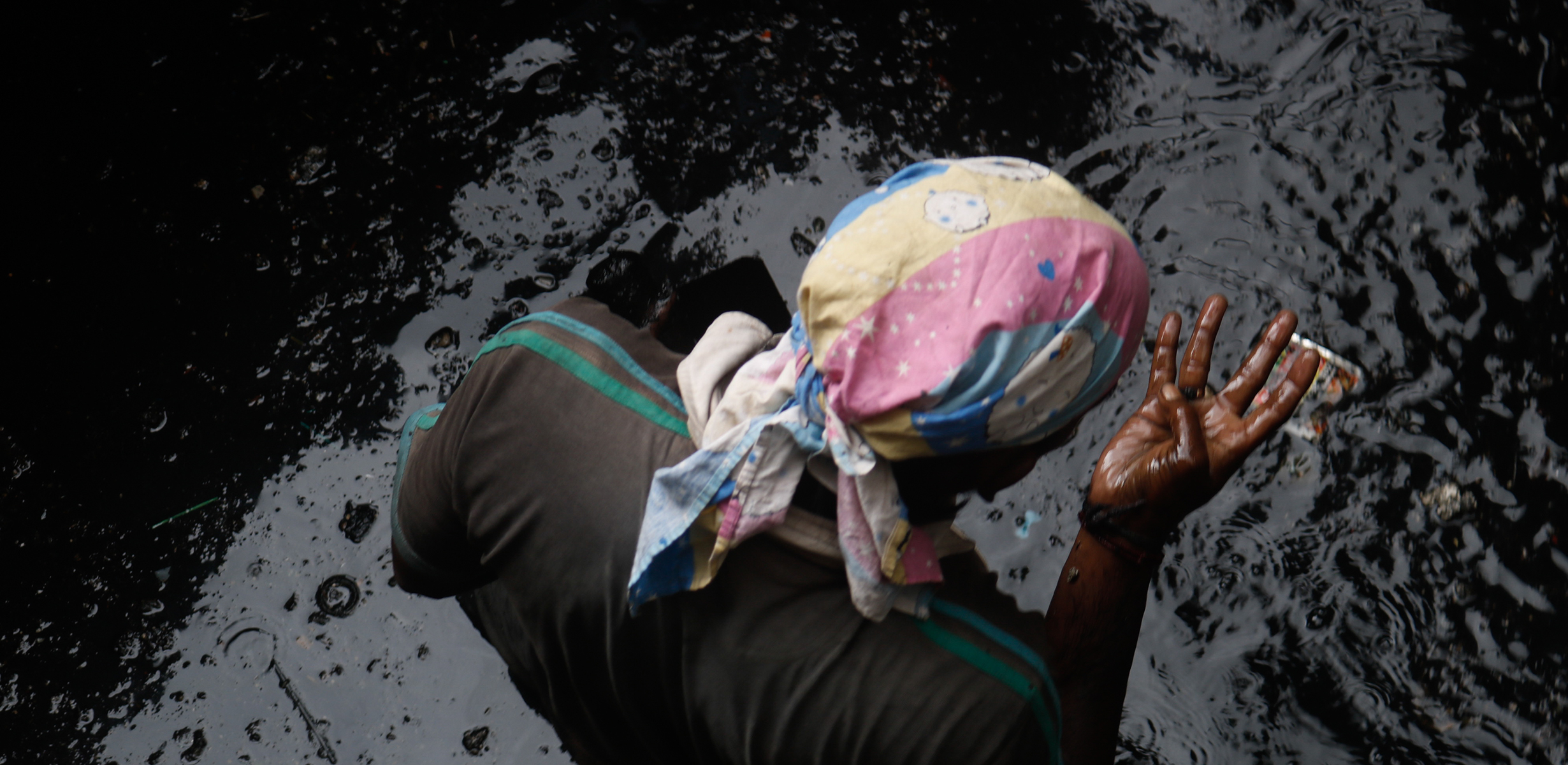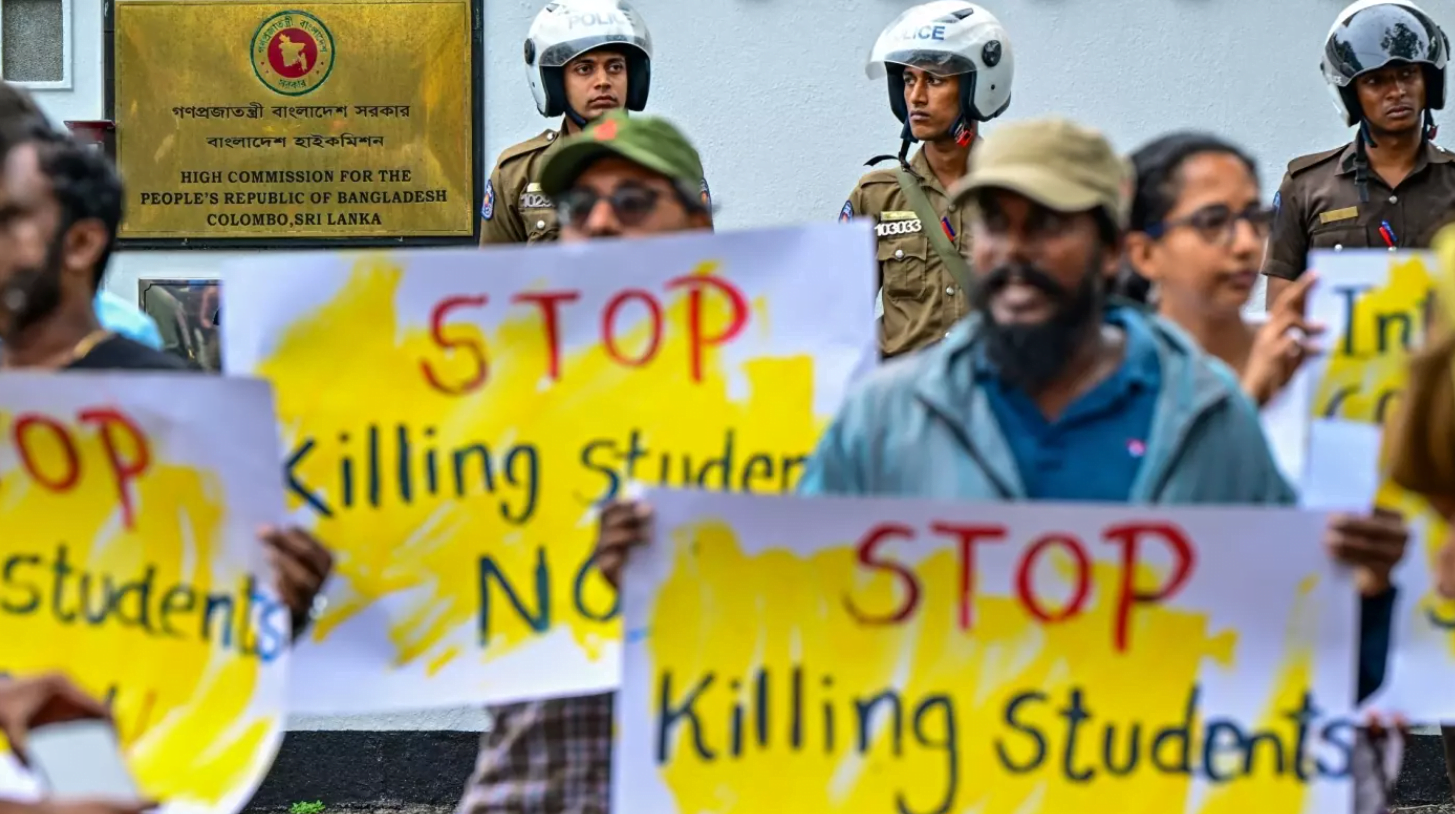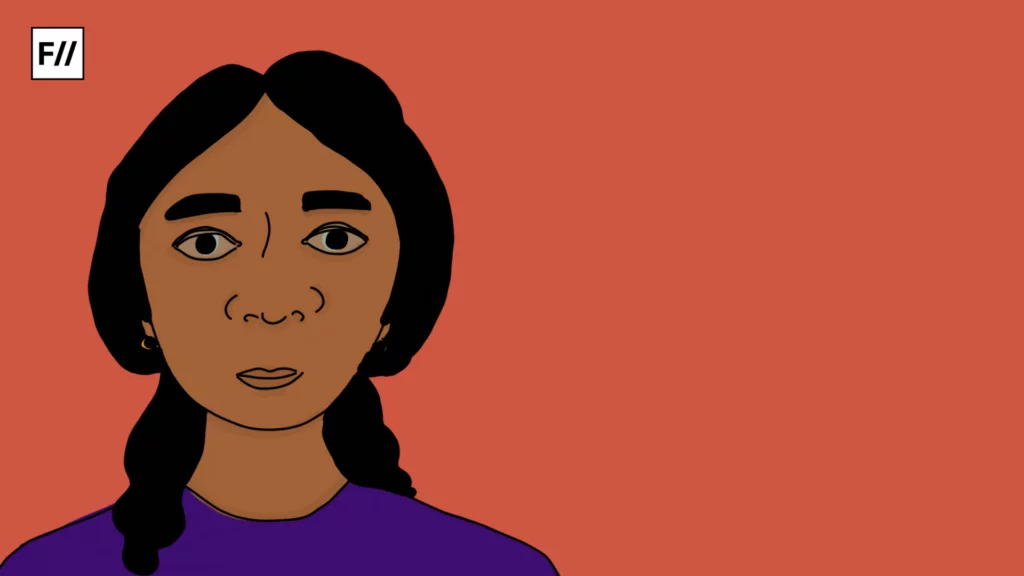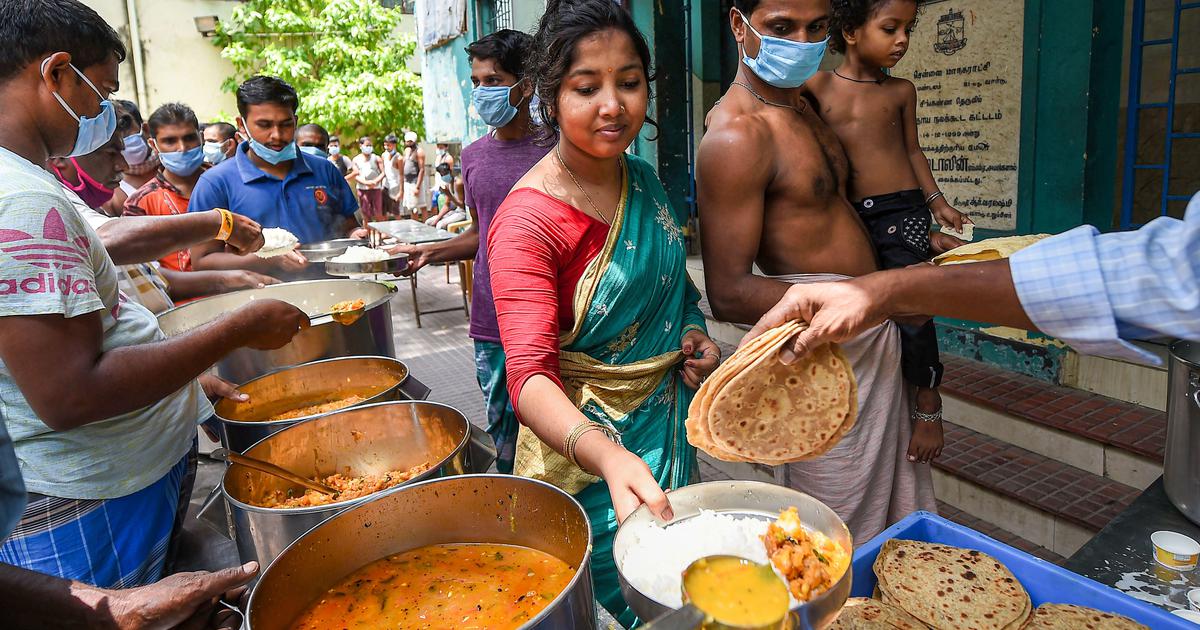The government of India enacted “The Employment of Manual Scavengers and Construction of Dry Latrine Act” in 1993. Although the law prohibited the employment of manual scavengers, the definition omitted cleaning practices in the Indian railways, army cantonments, sewers, and septic tanks.
Moreover, the Act observed dead silence on the rehabilitation of manual scavengers. The coalition of Civil Society Organisations (CSOs) took the matter to the Supreme Court of India. The revision initiated a deliberation on the shift of the approach from mere sanitation to that of human dignity. There was a metamorphosis of the 1993 Act, seeking an accountability mechanism from states and broadening the definition of manual scavengers.
In September 2013, the government of India passed the Prohibition of Employment as Manual Scavenging and Their Rehabilitation Act 2013, and cleaning of sewer and septic tanks was brought under the purview of this Act.

Manual scavengers are typically employed contractually by local bodies (panchayat and municipalities), individual households, or housing societies, to clean sewer/septic tanks. They work in a group of five to seven, and in several cases males (minor or youth) of the family accompany them. The research reported that death among the age group between 15 to 25 is the highest in this area of work.
In 2017, the National Commission for Safai Karamcharis (NCSK), a statutory body set up by an Act of parliament for the welfare of sanitation workers reported one manual scavenging death every five days. The illegal practices continue to prevail and devour the lives of many in revenue villages, urban agglomerations, out-growths, census towns, and statutory towns every year.
Safai Karmachari Andolan and interventions in addressing the issue
For almost three decades, Safai Karmachari Andolan (SKA), a non-profit organisation has been relentlessly working to eliminate the dehumanising practice of manual scavenging and to stop deaths in sewers and septic tanks. While the campaign is in full swing, two workers died of asphyxiation while cleaning a septic tank last week in Chennai.
A supreme court Judgement of 2014 as a result of a Public Interest Litigation (PIL) by SKA, renders it illegal to enter sewers and septic tanks without safety gear. The judgment also directs the state to identify workers who died in sewers and septic tanks and award a compensation of rupees ten lakhs to their families. SKA’s interventions to address inaccuracy in data are a step forward in the effective implementation of the supreme court judgment of 2014 in letter and spirit
SKA launched the nationwide march on 11th May 2022 under Action 2022 campaign. The yatra started under the banner of “Stop Killing Us”. Hitherto, the yatra travelled and organised programs with the community and family of the deceased in Delhi, Haryana, Rajasthan, Kerala, Telangana, Andhra Pradesh, Odisha, Jharkhand, Madhya Pradesh, and Jammu & Kashmir.
The collective is carrying out cycle yatras, and foot marches, and in places where dry latrine still prevails, the participants have targeted to demolish them. The march is going to travel to 28 states to persuade central and state governments to initiate a time-bound action plan to eliminate these practices. The campaign is also a national call for the government to mechanise sewer and septic tank cleaning.
Also read: The State of Women Involved In Manual Scavenging

In 2020, the National Commission for Safai Karmchari reported 631 deaths in the last ten years in the country related to cleaning sewers and septic tanks. Whereas in the year 2021, the Minister for Social Justice and Empowerment, Virendra Kumar submitted a report to the Rajya Sabha citing a death toll of 941.
Even though this data is compiled based on news reporting and with the support from non-profit organisations like Safai Karmachari Andolan, government bodies issue contesting data on the number of manual scavenging deaths.
The inaccuracy in data raises a pertinent question regarding ascertaining the number of deaths of people engaged in cleaning sewers and septic tanks. The Safai Karmachari Andolan wrote to the Ministry of Home Affairs in 2017 to address the criminal negligence on the issue.
The letter was notified to the National Crime Records Bureau (NCRB) to classify death in sewers and septic tanks separately, collect data for all the deaths in sewers and septic tanks due to asphyxia and direct the district police authorities to collect the data and send the same periodically to the NCRB.
This intervention promises robust rehabilitation for the families of the deceased. However, the SKA has yet to hear a response from the government. A supreme court Judgement of 2014 as a result of a Public Interest Litigation (PIL) by SKA, renders it illegal to enter sewers and septic tanks without safety gear. The judgment also directs the state to identify workers who died in sewers and septic tanks and award compensation of rupees ten lakhs to their families.
SKA’s interventions to address inaccuracy in data are a step forward in the effective implementation of the supreme court judgment of 2014 in letter and spirit.

Legality and convictions
In 2018, around 13,000 odd sanitation workers in Ahmedabad went on strike, demanding their right to live with dignity. The Commissioner of Ahmedabad Municipal Corporation hired 60 videographers and lodged 12 FIRs to call the strike off. The commissioner also decided to suspend 60 striking employees. The derailment of the democratic tool of protest by municipal authorities violated the fundamental rights of workers.
In 2018, I led the research Justice Denied, based on the death of workers engaged as manual scavengers. One of the objectives of the study was to investigate the legal compliance in such cases including FIRs filed, sections charged, and convictions.
The mechanisation of such labour and using machinery to detect hazardous gases is imperative to ensure that individuals, especially those from oppressed social locations are not forced by circumstances into engaging in manual scavenging for a living
The findings suggested that out of 51 case interviews, in more than fifty percent of the cases FIRs were not filed, and 6 percent of the respondents did not know about the FIR. In the majority of cases, IPC sections 304 and 304(a) were charged. The cases were compromised/disposed of at the early stages due to little clarification on death due to negligence.
In compromised cases, the contractor indemnified the family of the deceased. The prosecution did not happen in many cases, and conviction seemed a far-fetched occurrence. Section 7 of the MS Act 2013 prohibits persons to engage in or be employed in hazardous cleaning of sewers and septic tanks. Section 9 of the MS Act penalises for contravention of section 7.
Therefore, it is imperative to invoke sections 7,9, 33 (1) and 33 (2) of the MS Act 2013 and section 3 (1)(j) of the Prevention of Atrocities Act 1989, to address the problem of manual scavenging.

Though there is a statutory prohibition on manual scavenging, the practice continues even today. Though the authorities officially deny the prevalence of this practice, several manual scavenging deaths have been recorded in the country.
The mechanisation of such labour and using machinery to detect hazardous gases is imperative to ensure that individuals, especially those from oppressed social locations are not forced by circumstances into engaging in manual scavenging for a living.
Also read: Book Review: Bhasha Singh’s Unseen—The Truth About India’s Manual Scavengers




